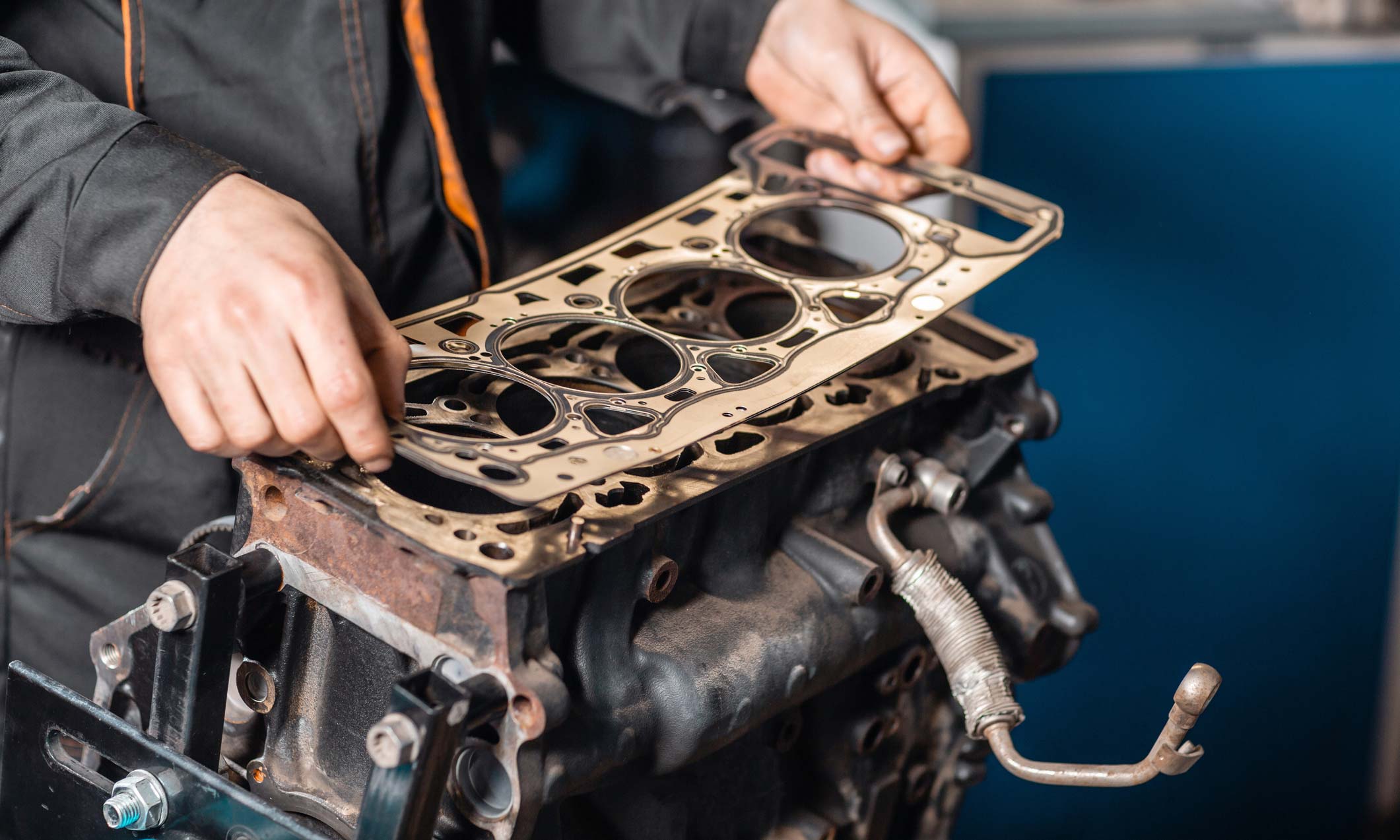Gaskets are essential to how the engine works. They put a physical barrier between two parts of the body. Your engine won't be able to run at its best if things like dust and dirt, fluids, gases, and electrostatic discharges get in the way of the gasket.
For the best gasket to be helpful, it must be installed and sealed correctly. Incorrect use of gaskets can make a good engine build or reassembly bad.
Not making these mistakes can avoid poor engine head gasket performance and even severe damage when applying gaskets.
- Incomplete Surface Preparation
Some people put in a new piece of gasket without removing the old gasket, glue, or adhesive first. Razor blades can scratch the surface and let fluids or gasses leak out.
- Applying the incorrect Amount of Sealant
It is essential to use sealant to keep the gasket in place. Many people apply too little sealant, making the gasket leak when put in. This can make the engine head gasket not work correctly. Some people use too much sealant, which can clog certain parts of an engine or equipment.
- Using the Wrong Type of Gasket Maker
Gasket makers are meant to stop leaks. They can also stand up to vibration, fluids, and temperature changes. Most gasket makers can provide these benefits, but your application may not work well if you use the wrong parts. Some gasket makers can withstand higher temperatures, making them better for a certain type of job. On the other hand, others can be used to keep out gases in certain situations.
- Using Aerobic Gasket Makers for Gasoline-Powered Machines
Gaskets Use
Gaskets are used to keep things from moving around inside of your car.
Gaskets can be used in many industries. Another everyday use is to keep liquids from getting into machine parts. People who work in the food industry might use gaskets that are more resistant to chemicals so they can be used. Manufacturers make other engine head gaskets to keep oil, lubricant, and solvents.
- Insufficient Curing Time for Solvent-Based Gasket Makers
It is not recommended that the engine head gasket be run immediately after being filled with gaskets and sealed with sealant. Ensure the product's instructions about how long it takes to set and cure. Wait at least 24 hours for the application to fully dry before you can remove it.
- Using Gasket Maker as a Sealant or a Holding Agent for a Standard Gasket
It is possible to make gaskets out of a lot of different things. These are metal, silicone rubber, nitrile, and graphite. Each of these materials has a wide range of properties, strengths, and weaknesses suitable for different jobs. It can be awful for an engine or other part to make a gasket out of the wrong material. This can cause them to break down. Even if you use inappropriate material, you could be in trouble.
Keep an eye out for the common engine head gasket mistakes on this list.

Comments
Post a Comment